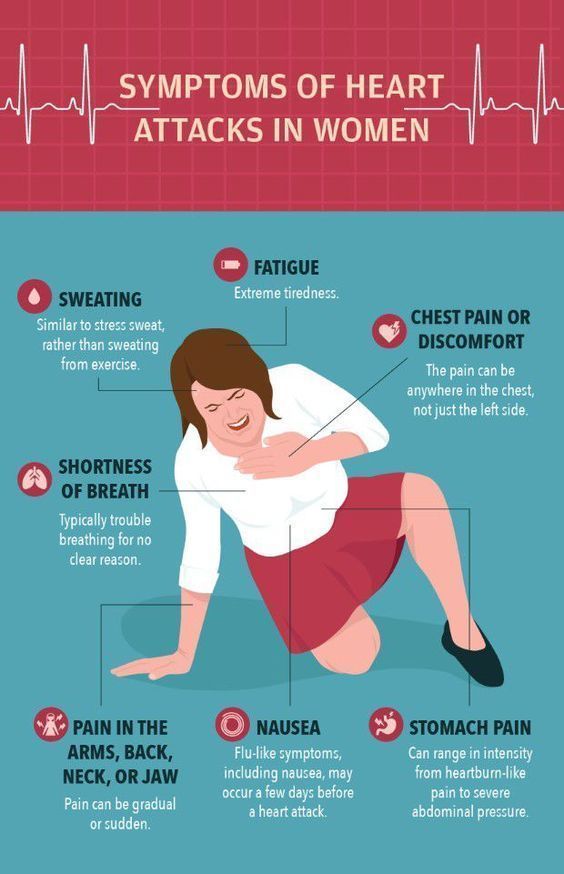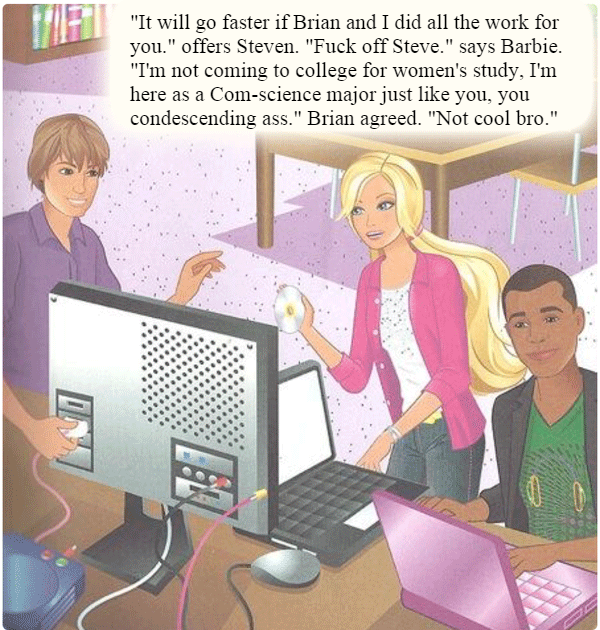What if thinking
How to Stop Your Anxiety from Taking Over. · Dr Allison Answers
If you’re a worrier, then you’re well aware of “what if” thinking. “What if” thinking is the stress, panic, and worry that your brain creates by constantly asking future oriented, “what if” questions. “What if I fail? What if this doesn’t work? What if I don’t like it? What if they get mad at me? What if I’m wrong?
Does any of that sound familiar? If so, then you know just how debilitating anxiety and what if thinking can be. So today, I’m teaching you how you can deal with all the “what if” thinking your brain creates, plus how you can manage the anxiety that comes up with it. Watch below!
With each what if question, your brain goes down the rabbit hole of scenarios and possibilities. And before you know it, your anxiety has snowballed and completely taken over. “What if” thinking is exhausting. And you know what? It’s also ridiculously unproductive.
I talked a little bit about this in a recent video on chronic worry. We waste an enormous amount of energy thinking about stuff that never happens. We spend hours strategizing and making plans for stuff that never happens. And your anxiety totally tricks you. It convinces you that this “what if” thinking if helpful. That it prepares you. But it doesn’t. It just sucks a bunch of your time and energy, keeping you in a vortex of worry.
So the next time you find yourself going down the rabbit hole of what if thinking, I want you to use this statement. “I’ll deal with that if and when that happens.” You can also use the phrase, “I’ll cross that bridge when I get there.”
In the video, I want you notice how my voice changes when I say that phrase. I slow down, I soften my voice, and I take a more encouraging tone. Your anxiety and what if thinking do not want to slow down and listen. So you have to be intentional in getting your message through.
I slow down, I soften my voice, and I take a more encouraging tone. Your anxiety and what if thinking do not want to slow down and listen. So you have to be intentional in getting your message through.
“I’ll deal with that if and when that happens. I’ll cross that bridge when I get there.”
This phrase isn’t about telling yourself “everything will work out.” This isn’t about avoiding or living in la la land. This phrase is about noticing your anxiety and responding thoughtfully. It’s about being strategic with your energy and worry. Because 95 percent of your what ifs never even happen. Think how much energy you waste thinking about stuff that you’ll never even need!
And on the small chance that the what if thing actually happens? You’ll deal with it then. You’ll cross that bridge when you get there. Don’t forget, you have the power to redirect your attention.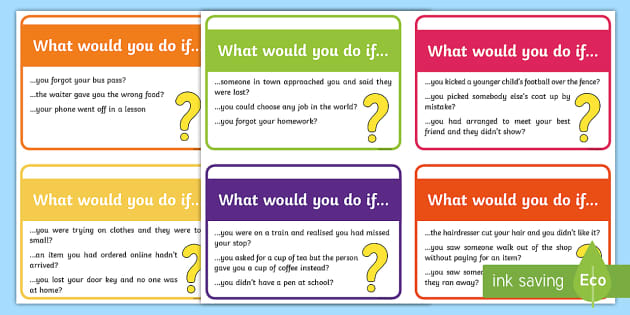 You have a say in your brain’s inner dialogue.
You have a say in your brain’s inner dialogue.
So when “what if” thinking shows up in full force, respond thoughtfully. “’l’ll deal with that if and when that happens. I’ll cross that bridge when I get there.”
The Real Reason I Haven’t Made a YouTube Video in over a Year
Hi. Hello? Is this thing on? It’s been over a year since I posted a new video. To be honest, I didn’t think anyone …
Coronavirus Anxiety: A Psychologist’s Tips to Keep Panic and Fear from Taking Over
In the last several weeks, our world has been on edge as the COVID-19 coronavirus spreads. Fear in the US …
Is Calm Worth It? Calm App Review 2020
Picture this. It’s 2006, and 23-year-old me is a brand new graduate student. Bright eyed and bushy tailed, I was …
How to Stop Procrastinating. A Psychologist’s Trick for Tackling “I’ll Do It Later.”
Procrastination might seem like a silly little habit, but if you’re a chronic procrastinator, then you know how much damage …
Do You Really Need a Mindfulness App?
Several months ago, I was talking with one of my friends’ moms.
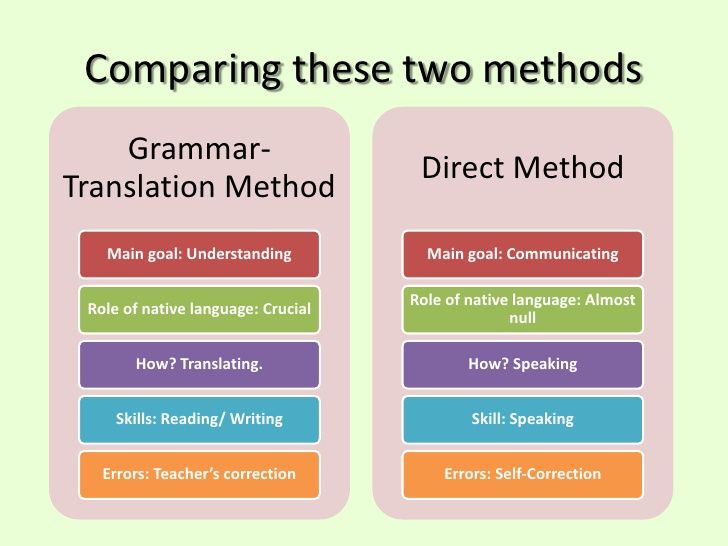 We’d chatted months earlier about mindfulness, and after …
We’d chatted months earlier about mindfulness, and after …You’ll Figure It Out: Opening Up About My 2019 Mantra
Several years ago, I quit making New Year’s resolutions. They felt empty and discouraging. They felt like a set up. …
Should Statements: How They’re Making You Feel Like Crap
At least once a day, on the couch in my office, something awesome happens. A client is talking, when suddenly, …
Dreading the Holidays? 7 Practical Ways to Get Through the Season
The holidays are just around the corner. For some people, the holidays are wonderful and full of holiday cheer. But …
Identifying and Curbing Worry-filled “What If” Thoughts
‘‘What if’’ thoughts are natural, but sometimes it’s hard to turn them off. There are steps you can take to calm your mind and lessen your anxious thoughts.
Wondering “What if?” isn’t always a problem, but sometimes you might follow these thoughts down an anxiety-filled rabbit hole. When this happens, it can be difficult to focus on daily life and tasks. You even might find these thoughts keep you up at night.
When this happens, it can be difficult to focus on daily life and tasks. You even might find these thoughts keep you up at night.
If you find yourself worrying about things that might happen, rest assured there are ways to stop poring over what-ifs and start putting your mind at ease.
“What if” thoughts can be about almost anything.
Common “what if” thoughts often center on financial concerns, relationships, health, or the future. Sometimes, these thoughts can be about anxiety itself.
Examples
- What if I lose my job?
- What if I can’t pay my bills?
- What if my partner breaks up with me?
- What if my headache means I have cancer?
- What if I end up alone?
- What if I have a panic attack?
- What if I mess up at work or school?
What-if thoughts can sometimes serve a purpose. They could prepare us for dangerous situations or keep us on task. But intrusive thoughts may start to take up too much space in your mind and overstay their utility.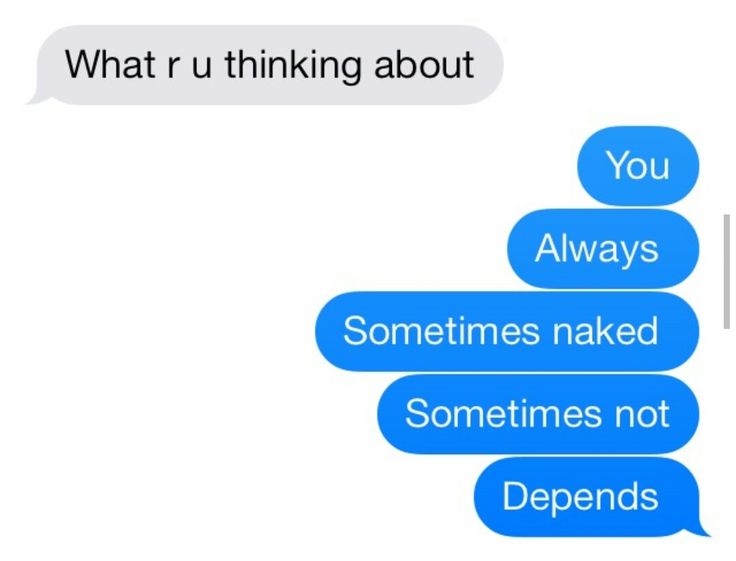
When are they problematic?
If worried-filled thoughts distract you constantly or interfere with productivity and relationships, these ruminations could be a symptom of an anxiety disorder.
Symptoms of generalized anxiety disorder (GAD) and panic disorder can involve intrusive thoughts like the “what ifs” but also include:
- not being able to stop worrying or being nervous
- knowing you worry too much
- having a hard time relaxing or concentrating
- trouble falling asleep
- constantly feeling on edge
Anxiety can also take a toll on your body, and you may notice physical symptoms like:
- having a hard time staying asleep
- being tired all the time
- unexplained pain
- headaches, muscle aches, stomachaches
- sweating a lot for no reason
- breathlessness
- needing to go the bathroom often
If you notice you have some of these symptoms, in addition to your worrisome thoughts, you may want to think about talking with a doctor or a therapist. They can help provide resources and strategies to reframe ruminations.
They can help provide resources and strategies to reframe ruminations.
In the meantime, you can try these approaches to keep your worries in check and stop wondering “what if.”
You can reserve self-criticisms about your thoughts and instead make notes of whatever crosses your mind. Research from 2018 shows that writing down your thoughts can help lower anxiety.
It may be tempting to accept “what if” thoughts as inevitable truths, but they aren’t.
Thoughts are just that — they come and they go, as present moment awareness principles explain. What you do with those thoughts is what gives them power.
You may be able to better manage ruminations if you identify them as they come and allow them to pass.
Once you can call out a “what if” thought, it can help to take a moment to see if you can pinpoint the source of the unwanted thought.
You might ask yourself:
- What’s going on right now that may have caused me to think this?
- How do I feel about what’s going on?
- Am I safe right now? Is there something that makes me feel unsafe?
Over time, you may realize your anxious thoughts are spurred in specific situations, like before a meeting with your boss or doctor’s appointment.
If you know ahead of time your anxiety could be triggered by a particular scenario, you can go into the situation prepared with anxiety reduction strategies.
Therapy can be a powerful tool against worrisome thoughts. It can teach you how to transform your thoughts, behaviors, and reactions so you can maintain mental wellness.
Online therapy or a support group can also help you manage anxiety.
Remember, you’re not alone, no matter how you choose to deal with your “what if” worries.
At one time, as many as 6 million people in the United States reported having intrusive thoughts.
We all have troubling “what if” ruminations from time to time.
Sometimes, anxiety can be difficult to recognize, and it can be hard to break a worry cycle. There are several approaches you can try to manage anxiety and turn the noise of the “what if” thoughts down.
why it is worth thinking about a person and he will appear
Many people have thought more than once in their lives about whether our thoughts are material and whether we have the ability to influence others. All people in the Universe are interconnected and form a single information and energy space, called gregor or biofield in esotericism, psychic Andrey Harris told 5-tv.ru.
All people in the Universe are interconnected and form a single information and energy space, called gregor or biofield in esotericism, psychic Andrey Harris told 5-tv.ru.
“With the advent of a new era, the number of people who feel the signs of the Universe, those who see its clues has increased. Our influence on reality and other people has also increased” , the expert believes.
Many have experienced similar moments in life when they just thought of a person, and he called, or you, as if by chance, met him. All this is not without reason, Andrey Harris is sure.
“If you have such feelings, it means that you belong to people of a higher level of development, to people of a new era, and such unique possibilities of the universe are open to you, and you can receive hints from it” , - the expert is sure.
Communication magically works in the opposite direction. Therefore, if someone thought about you, you can literally feel it.
The same applies to certain events in our lives that we are able to "pull" with the power of our thoughts.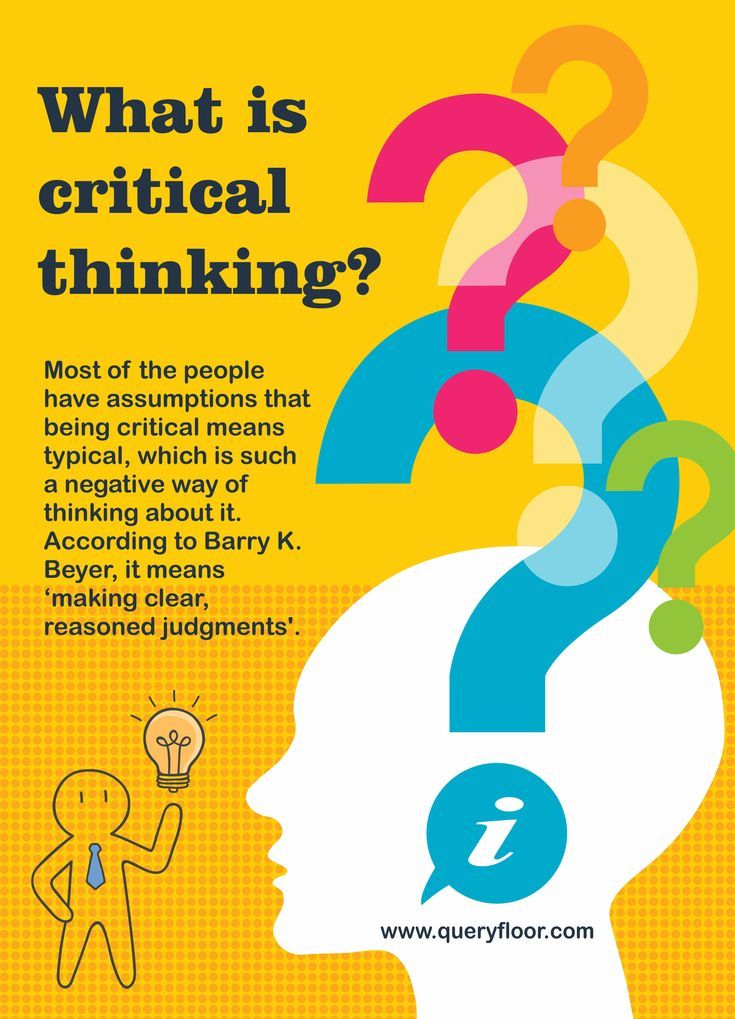 According to an esoteric expert, understanding such possibilities can make life much easier. They do not need to be afraid, on the contrary, it is worth developing in oneself in order to increase the level of sensitivity in terms of energy.
According to an esoteric expert, understanding such possibilities can make life much easier. They do not need to be afraid, on the contrary, it is worth developing in oneself in order to increase the level of sensitivity in terms of energy.
Also, do not underestimate the impact of our negative thoughts on an event or a particular person. According to the psychic, if we think about someone in a positive way, then positive energy reaches this person and accumulates in his personal karma. Due to the fact that you send good energy to someone, a person can receive a bonus from fate in the form of a pleasant surprise.
That is why, watch your thoughts and, if possible, do not send curses to others, even if the person has offended you greatly. All this also overtakes its owner, accumulates in the balance of negative karma, and at a certain stage a person receives a blow from the Universe.
The expert advises to pay attention to one more area of our unconscious, namely, to special, as a rule, colored dreams. If you dream that a certain person says something about you or experiences some event in the astral world, then most likely this is true and such things should be remembered and taken into account in real life.
If you dream that a certain person says something about you or experiences some event in the astral world, then most likely this is true and such things should be remembered and taken into account in real life.
“From the point of view of quantum metaphysics, the mental world comes first. It is there that matter, thought is born, after which it descends lower and already reaches our material world in the form of a specific fulfilled event. Therefore, our thoughts are material” , says Andrey Harris.
According to the psychic, an increasing number of people are discovering such abilities in themselves, so it is so important to try to think positively, in spite of any difficulties, and then you yourself will be able to attract positive moments into your life and surround people close and significant to you with a positive aura.
Earlier, 5-tv.ru told when the karmic age comes and why famous people leave their lives at this time.
And if you think about it?
| And if you think about it? How a scientific approach to business improves the productivity of companies |
And if you think about it?
How a scientific approach to business increases the productivity of companies
Daria Salnikova
Praised entrepreneurial thinking can play a trick on an entrepreneur - his successful business will collapse overnight. To prevent this from happening, you need to apply the methods that are used in a completely different area in time.
Bitterberry
In the summer of 2009, Mike Lazaridis had every reason to rest on his laurels. His brainchild has occupied half of the US smartphone market. A BlackBerry smartphone with a keyboard that really resembles a bumpy side of a blackberry, which allowed you to send emails, was used with might and main by mere mortals and celebrities, including Barack Obama: the newly-minted president won nothing less than the right to keep his favorite gadget in the presidency bypassing the rules. It seemed that nothing would stop the new device from conquering the world.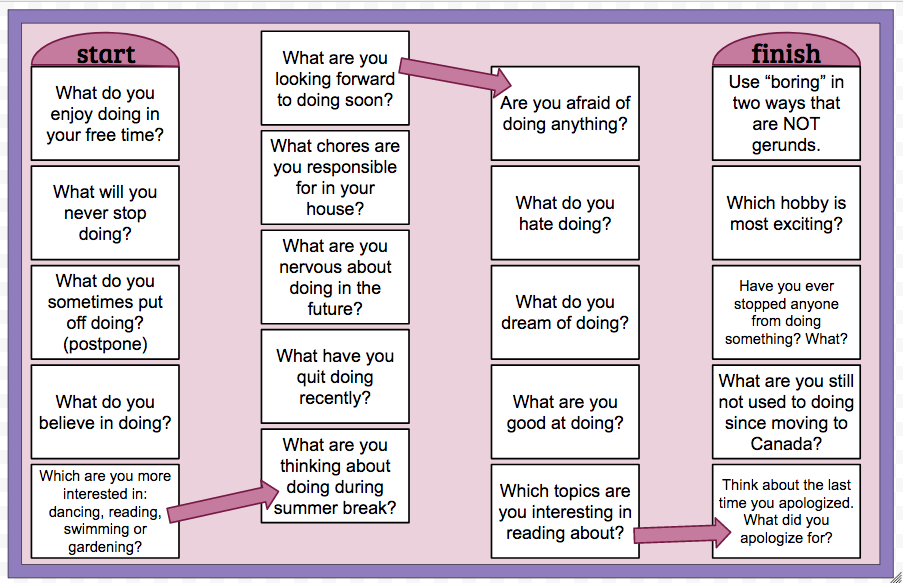 Less than five years later, by 2014, BlackBerry's market share was... less than 1%.
Less than five years later, by 2014, BlackBerry's market share was... less than 1%.
The inglorious end, however, was preceded by several iconic moments. Back in 1997, one of the leading engineers suggested adding an Internet browser to the device, but for ten years this has not even been tried. In 2010, engineers announced the possibility of exchanging encrypted messages - and Lazaridis even approved it, but was afraid that exchanging with other devices would reduce the popularity of the blackberry. And missed the chance to create WhatsApp (worth $19 billion in 2014). In 2011, the company's shares fell in price - the founder called BlackBerry a cult product and condemned the iPhone touchscreen. By 2012, the "apple" won a quarter of the global smartphone market, but this did not induce the creator of BlackBerry to reconsider its skepticism about the on-screen keyboard.
Lazaridis was by no means a fool; on the contrary, he was a technical genius. At the age of four, he constructed a tape recorder from Lego and rubber bands, and in high school he assembled a solar panel.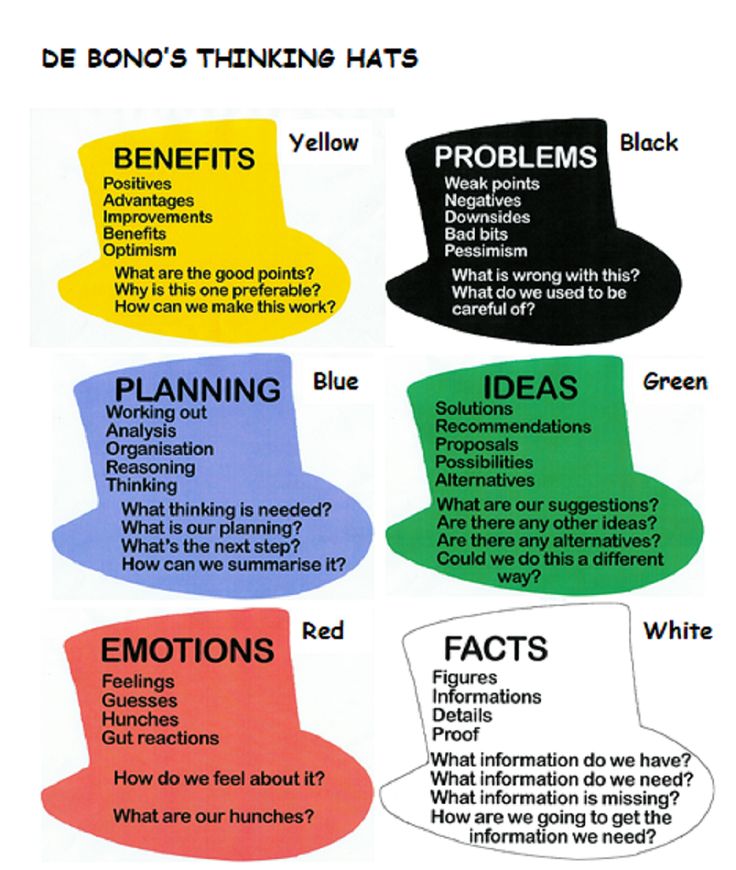 He invented a film barcode reader that took Hollywood by storm. And he also made a revolution in the world of smartphones, correctly calculating the technical points, but was not able to rethink the potential of his main product. Once created, he flatly refused to change his original beliefs and was sure that the world would cave in to him, even when weak market signals turned into a siren. Like the hero of a well-known anecdote, he continued to look for keys under the lamp, because it was lighter there: yes, millions of fans chose the keyboard, but billions remained outside his eyes, who wanted to type on the screen.
He invented a film barcode reader that took Hollywood by storm. And he also made a revolution in the world of smartphones, correctly calculating the technical points, but was not able to rethink the potential of his main product. Once created, he flatly refused to change his original beliefs and was sure that the world would cave in to him, even when weak market signals turned into a siren. Like the hero of a well-known anecdote, he continued to look for keys under the lamp, because it was lighter there: yes, millions of fans chose the keyboard, but billions remained outside his eyes, who wanted to type on the screen.
At the beginning of the chapter, you probably didn't remember who Lazaridis was and what he was famous for, right?
But the question of whether you know a certain Steve Jobs and his contribution to the world of smartphones sounds at least strange today. The latest model iPhone has become a household name for the most coveted gift and a symbol of luxury, places in line at branded stores before the latest model goes on sale are sold for a lot of money, the entrepreneur himself is a cult figure.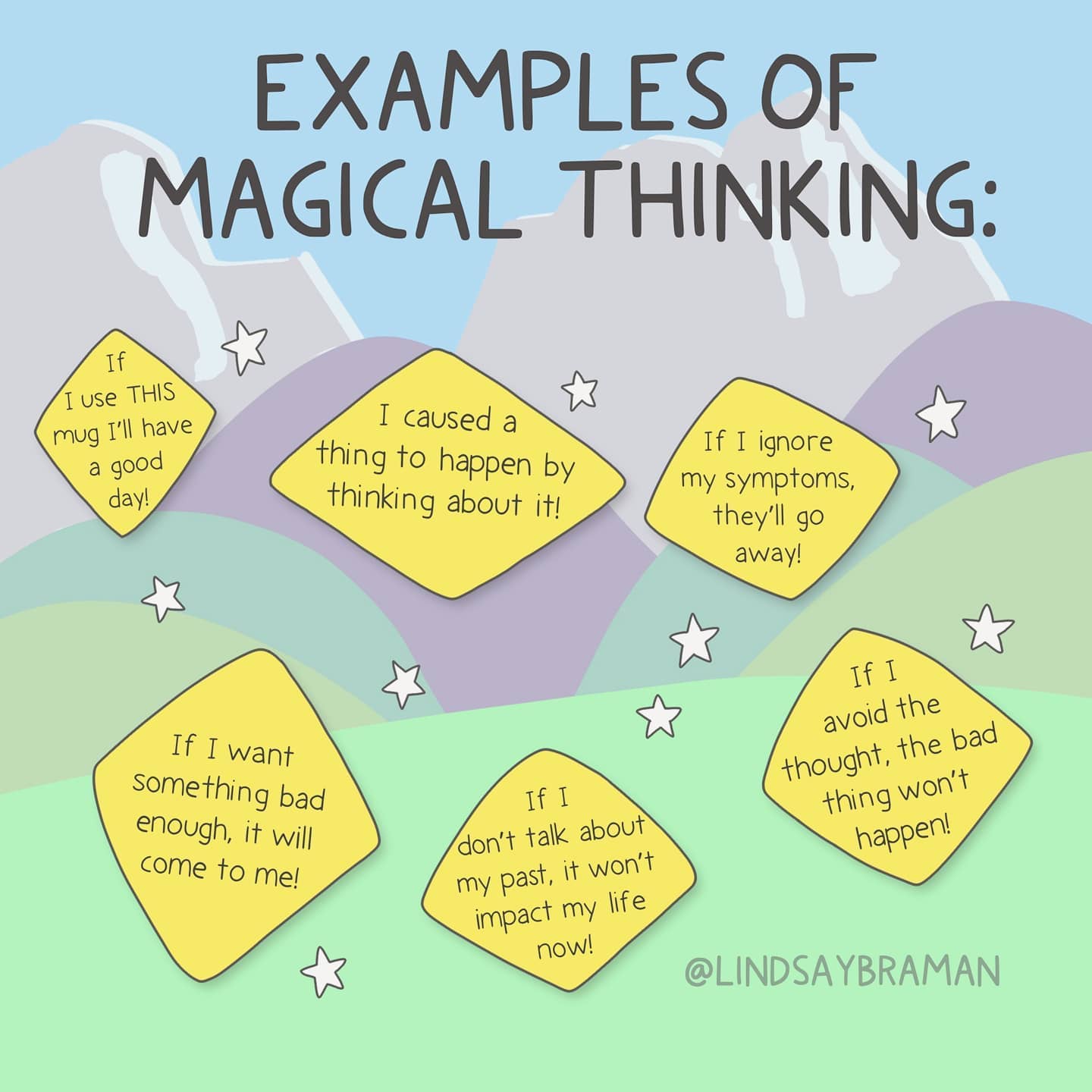 Meanwhile, Jobs, too, was at a crossroads, where one of the roads led to nowhere, and almost chose it. Believe it or not, Jobs hated smartphones. And when in 2004 he was offered to turn the bestseller - iPod - into a smartphone, he categorically refused. But Apple engineers have already done research and managed to cast doubts in it. Smartphone users loved the ability to save songs, why not add a phone function to the iPod? Six months later, Jobs gave the go-ahead, and four years after the release, half of Apple's revenue came from the iPhone.
Meanwhile, Jobs, too, was at a crossroads, where one of the roads led to nowhere, and almost chose it. Believe it or not, Jobs hated smartphones. And when in 2004 he was offered to turn the bestseller - iPod - into a smartphone, he categorically refused. But Apple engineers have already done research and managed to cast doubts in it. Smartphone users loved the ability to save songs, why not add a phone function to the iPod? Six months later, Jobs gave the go-ahead, and four years after the release, half of Apple's revenue came from the iPhone.
Why did the BlackBerry sink and the iPhone win hearts and wallets? Wharton Business School professor Adam Grant explains: It's all about the entrepreneur's willingness to rethink his beliefs. This is the cornerstone of the scientific mindset required for scientists, and it is what many entrepreneurs lack in order to succeed. Public opinion adds fuel to the fire - if you have already gone into business, if you please, be a visionary, confident, decisive and unshakable, even if everyone around is twisting a finger to the temple. This is what will save you in the face of uncertainty. Rethink the product? But what about the Wright brothers with their aircraft? Edison with a light bulb ("I didn't fail, I just found 10,000 ways that don't work")? Henry Ford with a car ("if I asked the buyers, would they ask for a faster horse")? “Recent research on product evaluation shows that it is better to proceed slowly and hesitantly. Like scientists, businessmen should not rush. For what? To give yourself time to change your mind."
This is what will save you in the face of uncertainty. Rethink the product? But what about the Wright brothers with their aircraft? Edison with a light bulb ("I didn't fail, I just found 10,000 ways that don't work")? Henry Ford with a car ("if I asked the buyers, would they ask for a faster horse")? “Recent research on product evaluation shows that it is better to proceed slowly and hesitantly. Like scientists, businessmen should not rush. For what? To give yourself time to change your mind."
Bored excuses for rethinking
- This will never work here.
- It worked once, so let's do it again.
- My experience suggests otherwise.
- This is already complicated, let's not make it any more complicated.
- We have always done this.
- It didn't work for NASA, so it won't work for us.
- We have already tried this.
Professor Grant knows what he is talking about: at one time, while studying at Harvard, he and his friends created the first online social network for students (does it remind you of anything?) and gathered quite a lot of people there, but they did not overestimate its potential and abandoned the business .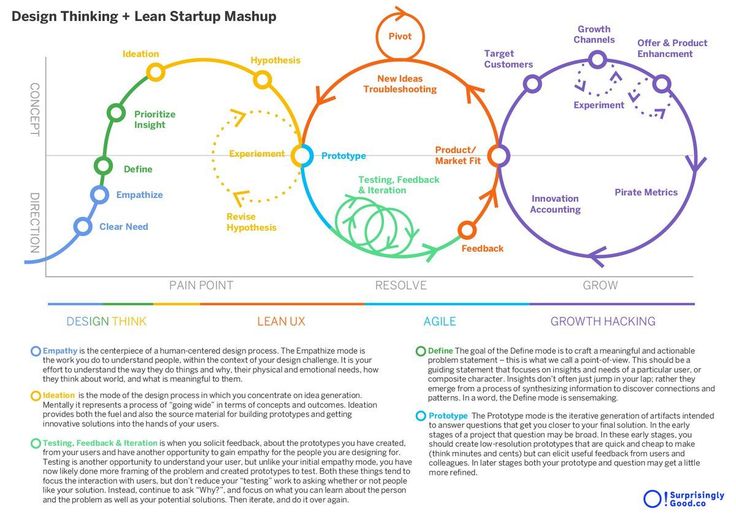 “We were content with the erroneous assumption that the online social network is just a temporary fad, and not a promising direction for the development of the Internet.” Five years later, Facebook appeared on the same campus.
“We were content with the erroneous assumption that the online social network is just a temporary fad, and not a promising direction for the development of the Internet.” Five years later, Facebook appeared on the same campus.
Four components of scientific thinking
Curiosity - ask yourself "What if? ..", move forward and formulate theories.
Openness to the new - consider all possibilities, not just those that you want to confirm.
Skepticism - to doubt, weed out wrong ideas, look for hidden factors, criticize one's hypotheses and beliefs.
Modesty - to calmly admit that he was wrong, and in time to discard an unverified hypothesis without prejudice to self-esteem. A true scientist takes pleasure in being wrong, because an incorrect hypothesis is a new discovery.
When Lazaridis designed the BlackBerry, he thought like a scientist—constantly formulating new hypotheses and testing them.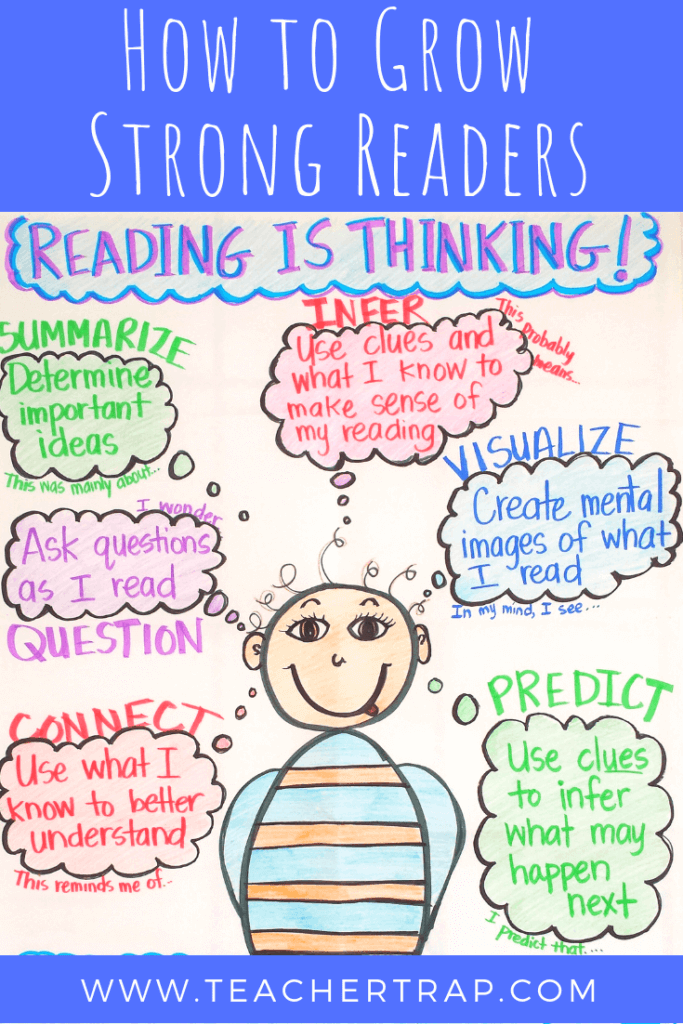 Is it possible to hold a smartphone with two hands and type with your thumbs? Bind all devices to one mailbox? Forward emails through the server? But as soon as he looked at the iPhone, mentally criticized it and decided that no one could catch up with such a wonderful BlackBerry, he pressed the self-destruct button. Jobs, on the contrary, initially took a hard line, but then studied the data and decided to test the hypothesis. The result is in the pocket of half of your friends.
Is it possible to hold a smartphone with two hands and type with your thumbs? Bind all devices to one mailbox? Forward emails through the server? But as soon as he looked at the iPhone, mentally criticized it and decided that no one could catch up with such a wonderful BlackBerry, he pressed the self-destruct button. Jobs, on the contrary, initially took a hard line, but then studied the data and decided to test the hypothesis. The result is in the pocket of half of your friends.
How to get into internal Harvard
More and more people are calling for a scientific approach in business. "Scientists have skills and practices that are relevant and applicable to problems outside of science," says Alice Gast, president of Imperial College London.
It's time to finally formulate what they want from us. "A scientist is one who systematically collects and uses research and evidence to make hypotheses and test them in order to understand, gain knowledge and share it" , is defined by the British Science Council, which sets professional registration standards for practicing scientists and technicians in all scientific disciplines.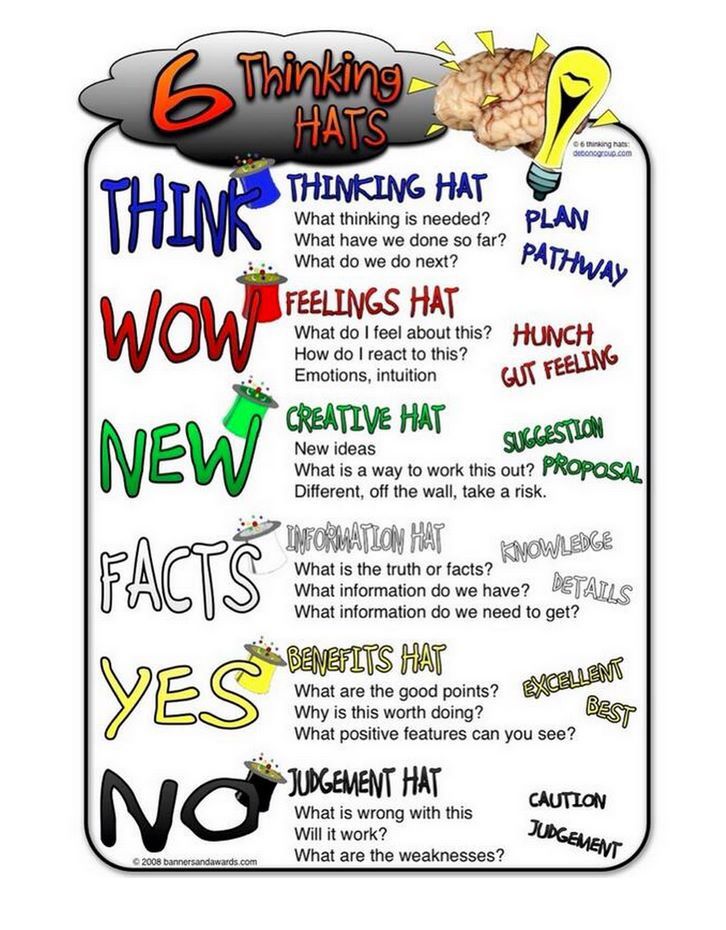
“We go into scientist mode in search of truth, when we experimentally test hypotheses and make discoveries,” Grant explains. without letting the inner scientist get a word in.
Preacher expounds his theories with inspiration over and over again without the slightest change. Constructive criticism for him is sacrilege, and a change in views is a sign of frivolity.
Politics is more important than accuracy than popularity, in pursuit of it he easily changes course.
Prosecutor prefers to refute and discredit rather than seek discovery. To agree with someone else's opinion for him means to admit defeat.
Scientist formulates a theory, generates hypotheses, conducts experiments to test them, and with an unwavering hand discards those that do not pass the test. He is open to new things, changes his mind under the influence of logic and facts, unbiasedly considers all possible options, and not just those to which he himself is inclined.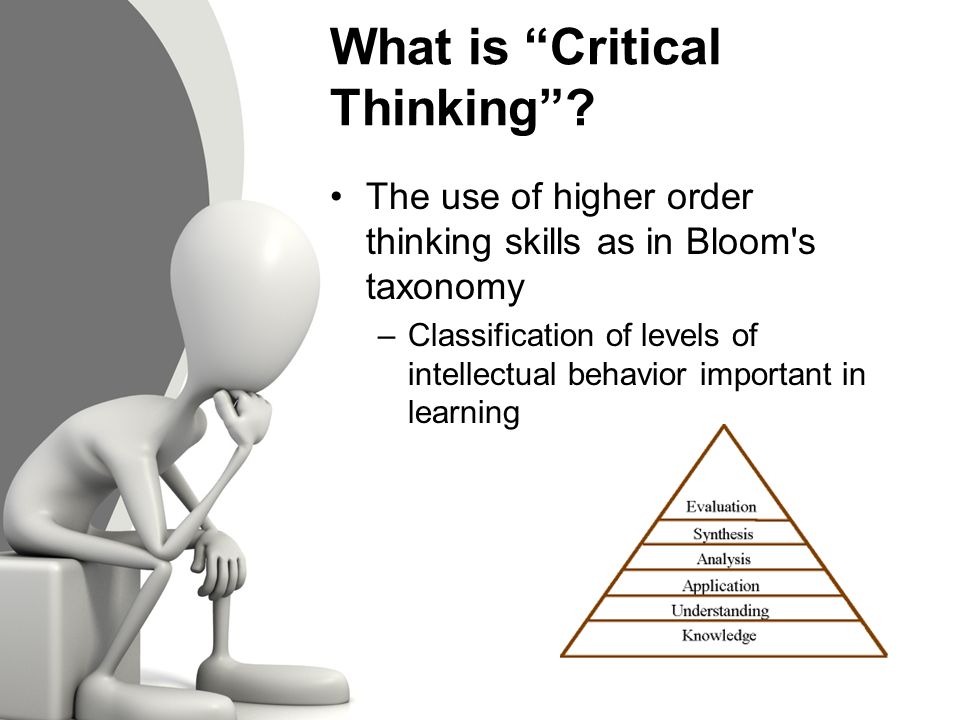
However, a book glorifying scientific thinking would be worthless without an experiment proving its usefulness for business - still, Jobs and Lazaridis are not enough for statistics. And there really was such an experiment. Grant cites a massive study that involved over 100 Italian startup founders from industries ranging from culinary to hardware. At the beginning of the experiment, startups earned little, which made it possible to track progress. The founders spent four months learning how to develop strategies, research consumers, create an MVP (minimum viable product) and prototypes. But secretly, the researchers divided them into two groups, and in one they encouraged a scientific approach: strategy was seen as a theory, consumer research as a way to develop a hypothesis, and then test it empirically with the help of MVP and a prototype. The decision was made based on whether the hypothesis was confirmed, if not, entrepreneurs changed their strategy and business model. In the 10 months after completing the course, the average income of the experimental group was €7,800, while the control group, where they continued to “exalt the advantages of past solutions, look for flaws in alternative options, and listen only to those who agree with the current direction,” €900.
In the 10 months after completing the course, the average income of the experimental group was €7,800, while the control group, where they continued to “exalt the advantages of past solutions, look for flaws in alternative options, and listen only to those who agree with the current direction,” €900.
They are taken as astronauts
If you start thinking like a scientist, then like a very specific scientist. That's where the maximum degree of uncertainty is in the organization of space flights. Try on the first try to calculate the flight path and landing of the ship at a given point on the surface of a celestial body, which is still unknown what it is. Each launch is a risk of losing at least hundreds of millions of dollars, and possibly human lives. “There are a thousand things that can happen when you fire up a rocket engine,” explains SpaceX Engines CTO Tom Muller, “and only one of them is good.”
"Rocket science is like a game of high-stakes poo," says Ozan Varol, a former Nasa engineer who worked on the Mars Exploration Rovers project, which launched two rovers in 2003.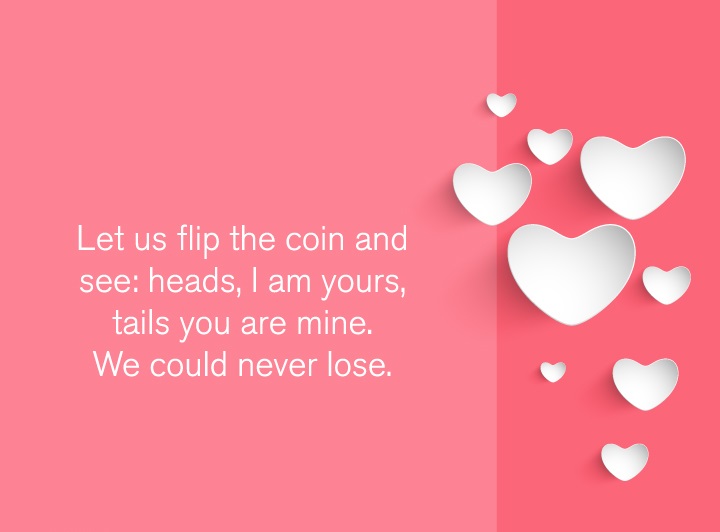 His book Think Like Elon Musk and Other Simple Strategies to Take a Giant Leap in Work and Life is originally called Think like rocket scientist - in the text this term was translated as "rocket scientists", but in colloquial speech it refers to all representatives of science and technology, providing space flights, from theoretical scientists to pragmatic engineers.
His book Think Like Elon Musk and Other Simple Strategies to Take a Giant Leap in Work and Life is originally called Think like rocket scientist - in the text this term was translated as "rocket scientists", but in colloquial speech it refers to all representatives of science and technology, providing space flights, from theoretical scientists to pragmatic engineers.
We love everything that has to do with space - just remember the popularity of the Big Bang Theory series about a group of astrophysicists and films from Apollo 13 to The Martian and Interstellar. We kind of idealize everyone who makes space exploration possible. But for some reason we are reluctant to borrow the rather simple methods that they use in their work to solve their problems in life and in business. “We are hesitant to think big, reluctant to dance the tango with uncertainty and afraid of failure. These traits were essential in the Stone Age when they protected us from poisonous food and predators. But in our information age, these are bugs, says Varol.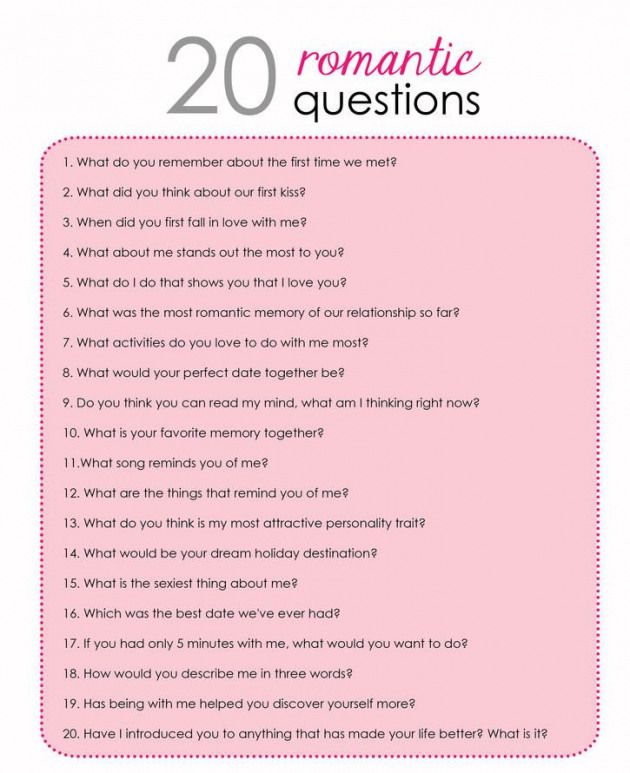 “Companies fail because they stare in the rearview mirror and keep playing the same plays from the same collection. Instead of taking risks, they stick to the status quo. In our daily lives, we do not exercise our critical thinking muscles, but instead allow others to draw conclusions. And as a result, these muscles will atrophy over time.” Rocket scientists see failure as a challenge rather than an obstacle, guided not by blind conviction but by doubt, and they know that rules are not set in stone.
“Companies fail because they stare in the rearview mirror and keep playing the same plays from the same collection. Instead of taking risks, they stick to the status quo. In our daily lives, we do not exercise our critical thinking muscles, but instead allow others to draw conclusions. And as a result, these muscles will atrophy over time.” Rocket scientists see failure as a challenge rather than an obstacle, guided not by blind conviction but by doubt, and they know that rules are not set in stone.
John F. Kennedy announced a flight to the moon when all the metals from which the spacecraft was subsequently made had not yet been invented, but after seven years the flight nevertheless took place. Of course, this became possible not only due to "entrepreneurial" enthusiasm, ambition and visionary. “This event is often touted as a technological triumph. But no, rather, this is a great triumph of some thought process that rocket scientists used to turn the impossible into the possible. By learning to think not just like a scientist, but like a rocket scientist, you will not only change your view of the world - you will be able to change the world too.
By learning to think not just like a scientist, but like a rocket scientist, you will not only change your view of the world - you will be able to change the world too.
Think like a rocket scientist
Launch (ignite breakthrough thinking)
- Ask yourself what is the worst case scenario, how likely is it given the facts? What's the best thing that can happen?
- Start walking before you see a clear path.
- Systematically doubt everything. Ask yourself: what if this were not the case? Why do I do it this way? Can I get rid of it or replace it with something better?
- Generate thought experiments. Be ready to show your ideas to other team members.
- Generate impossible and unreasonable ideas, don't limit yourself to what is possible given what you have.
Acceleration (promoting ideas)
Breakthroughs start with a smart question. Ask yourself: if I changed my point of view, how would the problem change? Often we fall in love with a solution we like and then define the problem as the absence of that solution.



